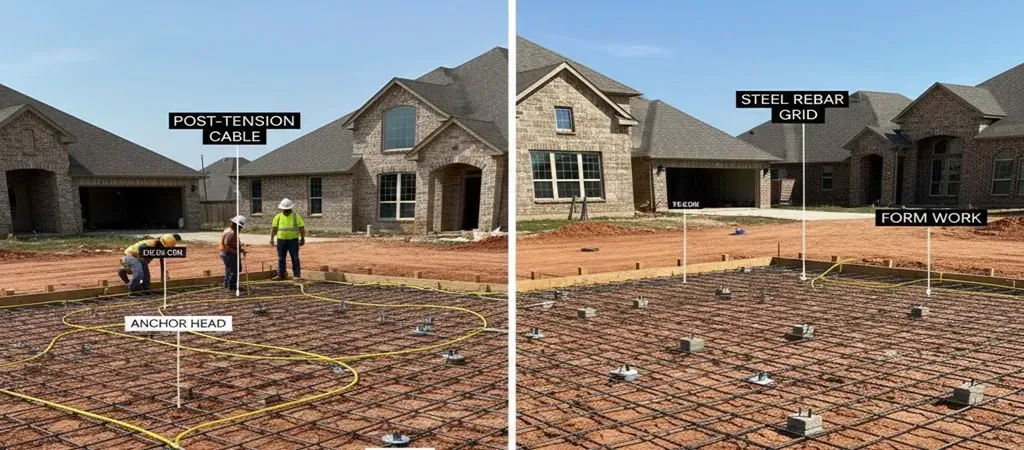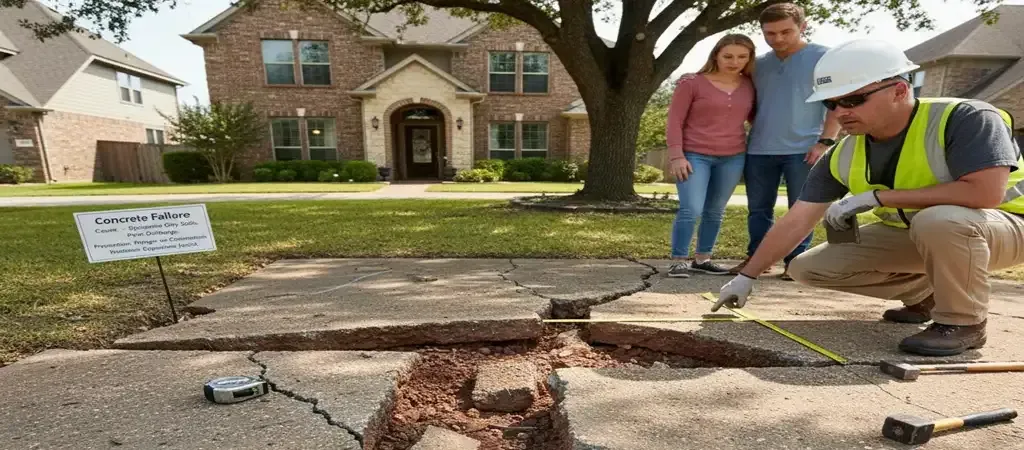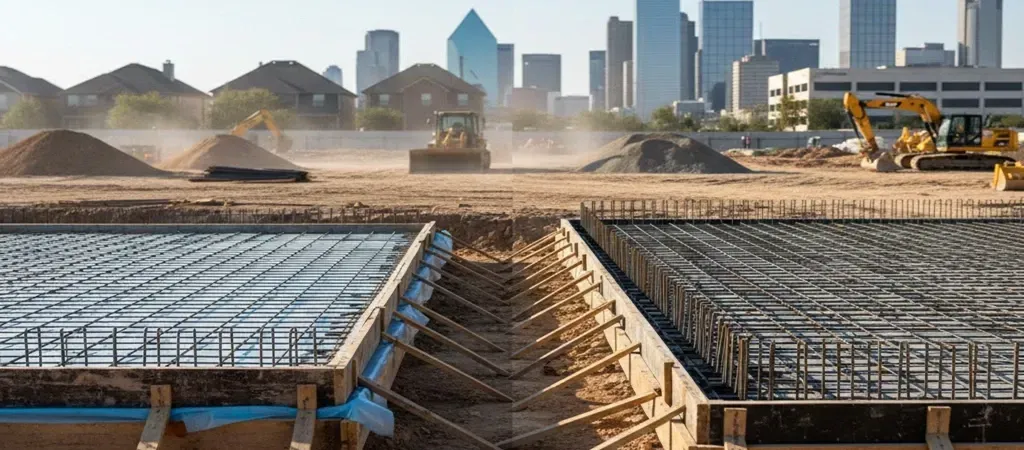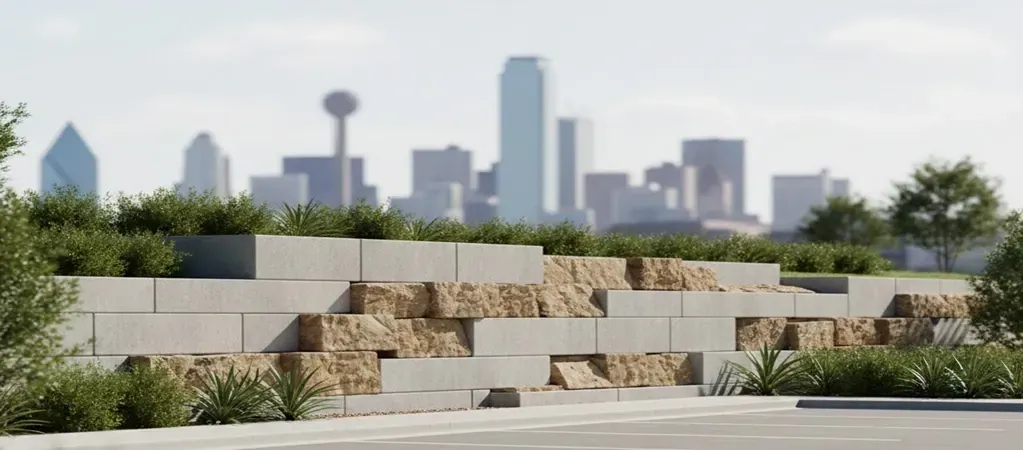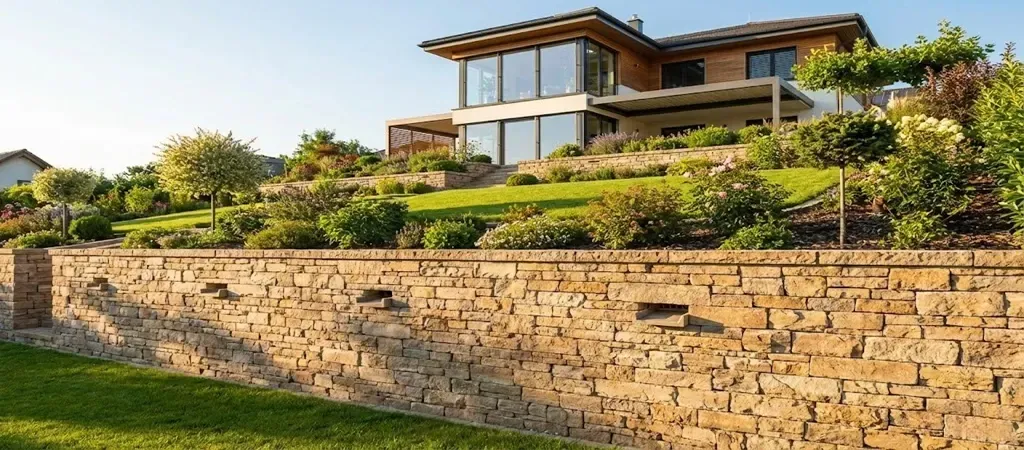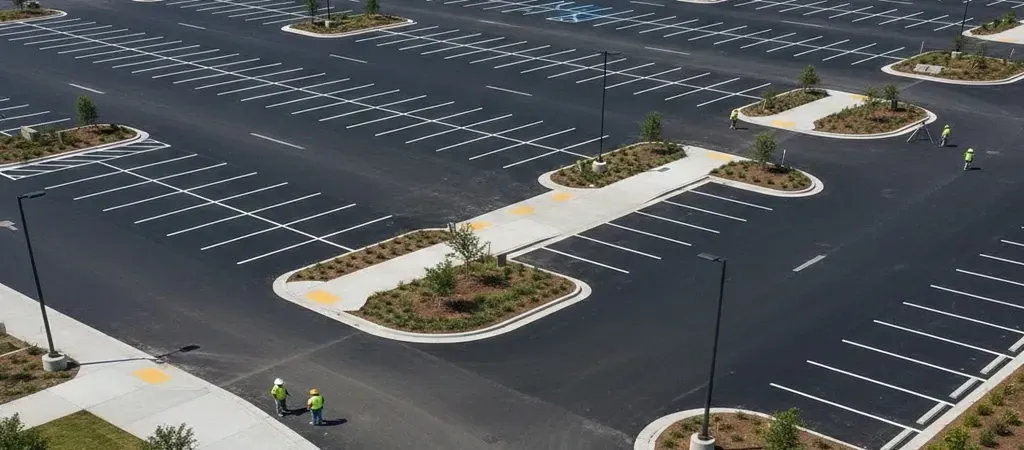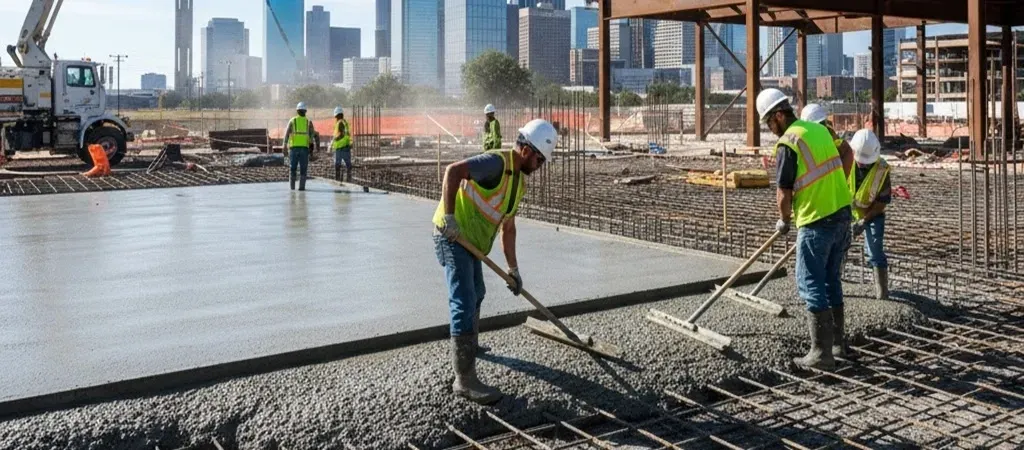Why Your Concrete Driveway Deserves More Than Just a Plain Pour
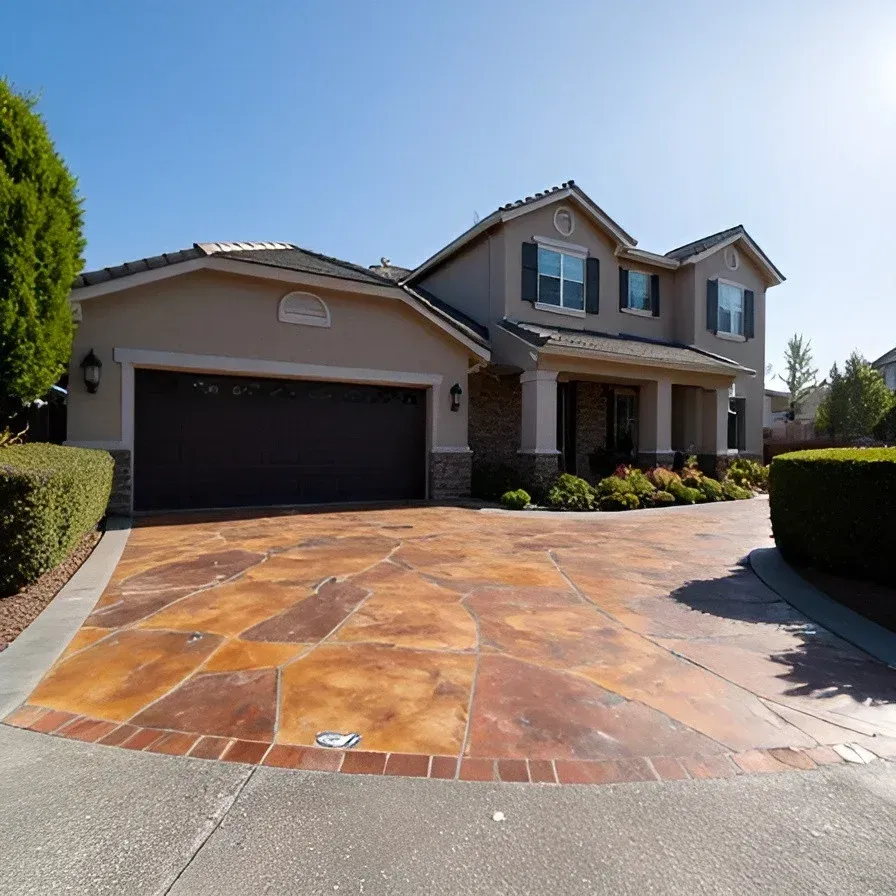
Your driveway works harder than you think. It takes the brunt of heavy vehicles, shifting weather, and daily wear and tear. Yet, many homeowners settle for a plain pour when installing or replacing it.
What’s a plain pour, you ask? It’s your standard concrete. No reinforcement. No protective measures. Just a basic slab. And it may look fine at first. But, it’s a ticking time bomb for cracks and crumbles. Plus, costly repairs.
Do you want a plain or decorative concrete Driveway in Dallas? Let’s dig into why plain pours fall short and why your driveway deserves so much more.
The Problem with Plain Concrete
Cracking Under Pressure
Plain concrete has one major flaw. It’s not strong enough. Neither it can handle modern-day demands. Cars and trucks are heavier than ever. And the constant pressure creates stress points. These stress points quickly turn into cracks. So reinforcement is necessary.
A few cracks here and there may seem harmless. But over time, they grow wider and deeper. That compromises your entire driveway.
Weather Woes
Nature is no friend to plain concrete. Freeze-thaw cycles are brutal. Water seeps into tiny pores in the concrete. It freezes and expands. This creates cracks.
When the ice melts, water seeps in even deeper. And the cycle repeats. Soon, your driveway looks like it’s been through a war zone.
Shorter Lifespan
Do you think plain concrete is a one-and-done solution? Think again. On average, plain poured concrete lasts 10 to 15 years. Less if it faces heavy use or extreme weather. Compare that to reinforced concrete. That can last 30 years or more. The difference is clear.
Why Your Driveway Deserves Reinforcement
Strength That Lasts
Reinforced concrete is concrete with a backbone. Add steel bars (rebar) or wire mesh. The structure will become significantly stronger. This reinforcement distributes weight more evenly. That reduces stress on any single point.
Your driveaway will also handle heavy vehicles and minor ground shifts. Plus, it can withstand daily use without cracking under pressure.
Crack Prevention
Here’s the truth: all concrete cracks. But reinforcement ensures those cracks stay small and manageable. Without reinforcement, cracks spread. It weakens the structure. Then, it leads to costly repairs. Reinforced concrete minimizes this risk. So you have peace of mind.
Weather Resistance
Reinforced concrete can handle weight. It handles the weather, too. It stands up to freeze-thaw cycles and heavy rain. Plus, it can withstand even snow. Do proper sealing and maintenance. And it becomes a fortress against the elements. That lasts decades longer than plain concrete.
Aesthetic Upgrades That Wow
Why stop at a function when your driveway can be fabulous? Use modern techniques. So you can upgrade your driveway’s look without compromising its strength.
Stamped Concrete
Stamped concrete mimics high-end materials. Like stone, brick, or tile at a fraction of the cost. It adds texture and depth. Plus, it gives a touch of luxury to your driveway. All while maintaining durability.
Colored Concrete
Who says concrete has to be gray? Enter integrated pigments. Yes, with these pigments, you can customize your driveway to match your home. Or add a pop of color. Do you prefer earthy tones? Or bold hues? The options are endless.
Slip-Resistant Finishes
Safety matters, especially in wet or icy conditions. Textured finishes, like a broom or exposed aggregate, provide traction while adding a unique look to your driveway.
The True Cost of Plain Pours
Cheap Now, Expensive Later
At first glance, plain concrete seems affordable. But it doesn’t last. Cracks. Crumbles. And early replacements! That means you’ll spend more on repairs and maintenance in the long run.
Reinforced concrete is more expensive upfront. But it saves you money over time. It lasts longer and requires fewer fixes.
Curb Appeal Matters
A cracked, worn-out driveway definitely hurts your wallet. But it also hurts your home’s curb appeal. A well-maintained and visually appealing driveway can boost your property’s value. Plus, it makes a lasting first impression.
Upgrades to Maximize Durability
If you’re ready to ditch the plain pour, here are some practical upgrades to consider:
Add Rebar or Mesh
Reinforcement is the key to a durable driveway. Rebar and wire mesh strengthen the concrete, distributing weight evenly and preventing major cracks.
Control and Expansion Joints
Strategically place joints. It allows the concrete to expand and contract without cracking. Think of them as stress relief for your driveway.
Seal the Surface
A good sealant protects your driveway. Moisture. Stains. Wear. And all. It’s a small investment. But it extends the life of your concrete and keeps it looking fresh.
The Longevity Factor
A plain pour driveway lasts about 10 to 15 years. Reinforced concrete? Try 30 to 50 years with proper care. That’s double. Or even triple—the lifespan. Reinforced driveways may cost more upfront. They’re worth every penny when you consider the long-term savings.
Why Reinforced Driveways Are an Eco-Friendly Choice
Investing in a reinforced driveway isn’t just good for your wallet. It’s good for the planet. Here’s why:
Less Waste
Plain concrete driveways break down faster, leading to more repairs, replacements, and waste. A reinforced driveway lasts longer, reducing the need for new materials and the environmental impact of replacements.
Recycled Materials
Many modern concrete mixes include recycled materials. Like fly ash or slag. That makes them more sustainable. Pair that with reinforcement. And you’ve got a durable driveway that's also eco-friendly.
Final Thoughts
Your driveway is definitely a slab of concrete. But it's also an extension of your home. Settling for a plain pour might save you a few bucks upfront. But it’s a shortcut you’ll regret. Cracks. Weather damage. And frequent repairs! They will leave you frustrated and out of pocket.
Reinforced concrete offers strength and durability. It also has got style. Plus, it’s built to withstand. Heavy vehicles. Harsh weather. Moreover, the test of time. Add a stamped or colored finish. And it becomes a showpiece that enhances your home’s curb appeal.
So, ready to give your driveway what it deserves? Give us a call! We can help you achieve an ideal Dallas Concrete Driveway for your needs!
